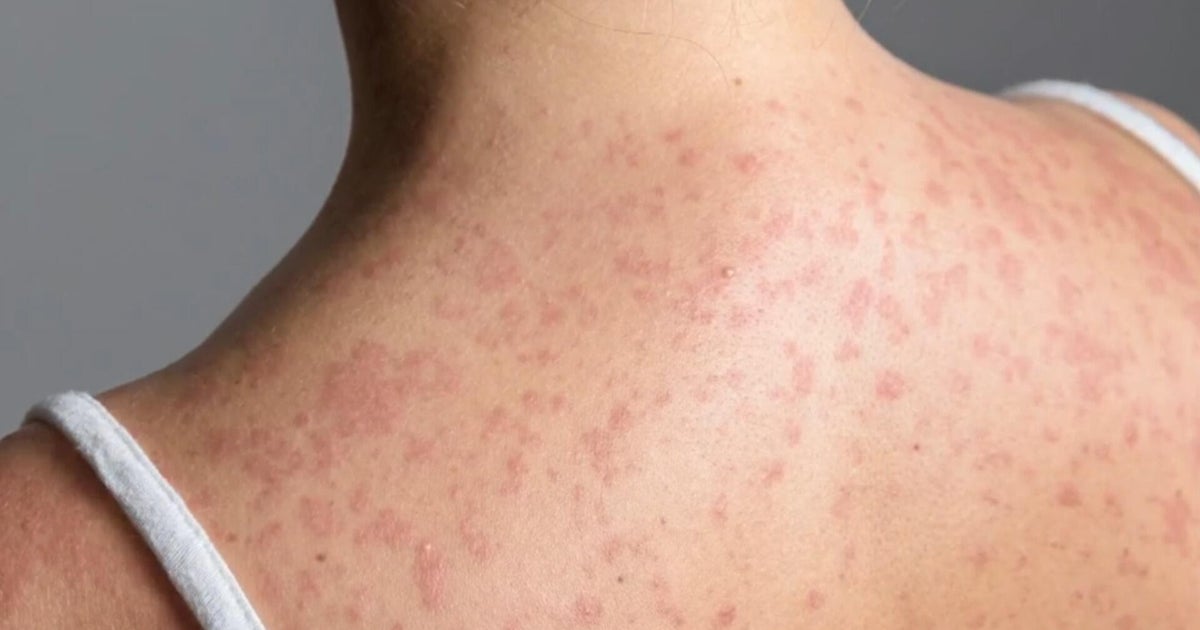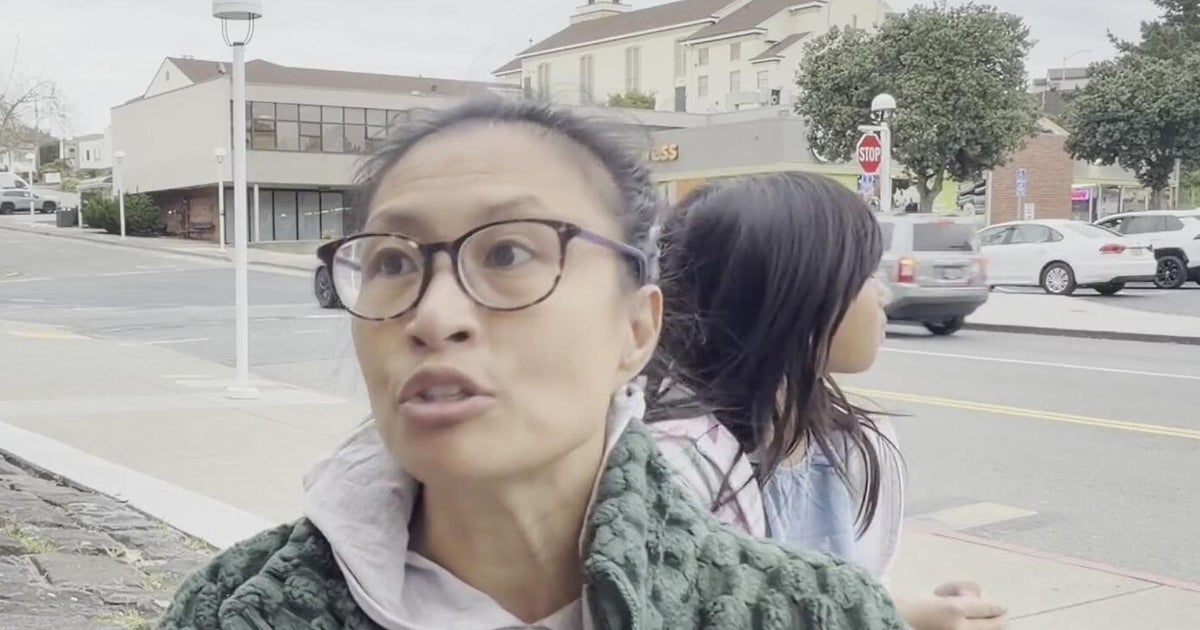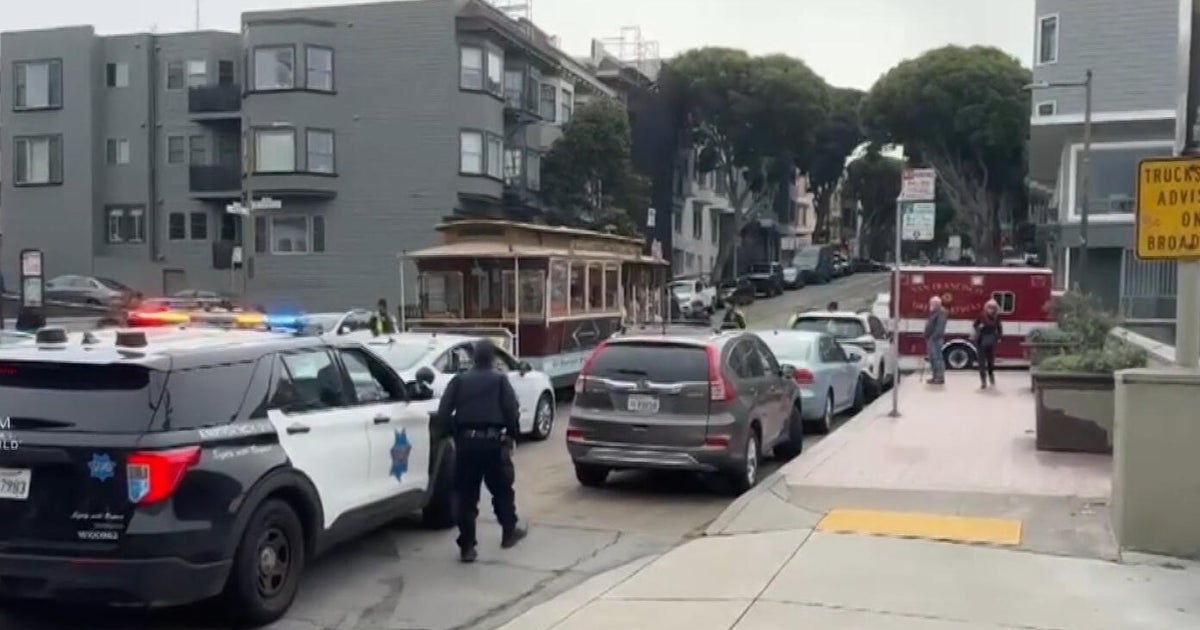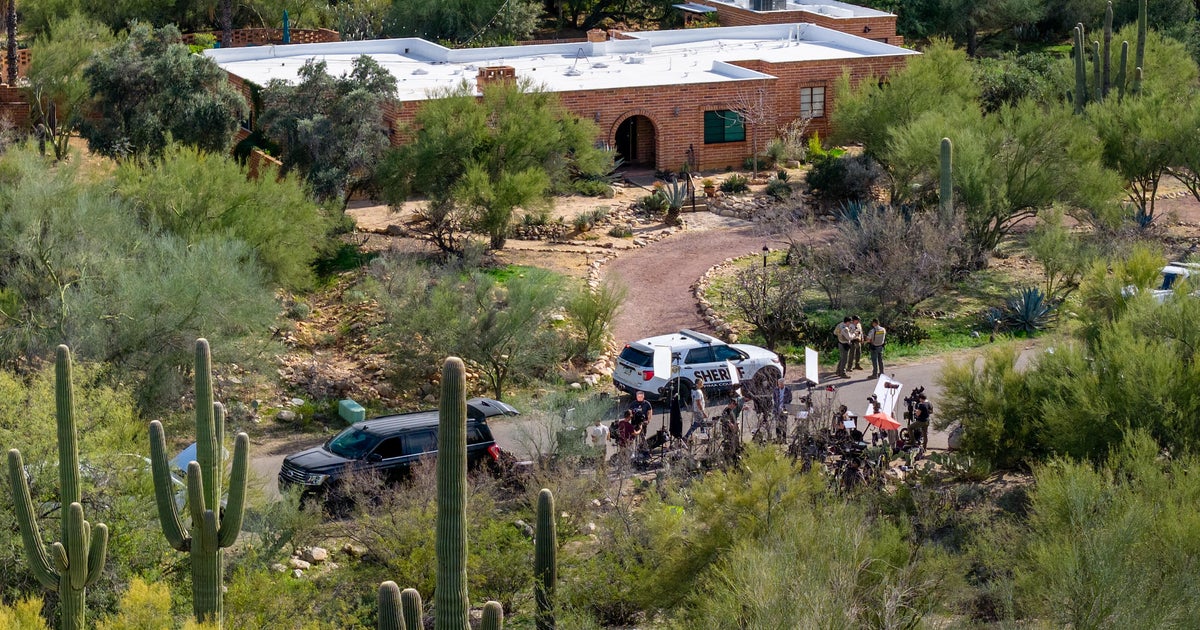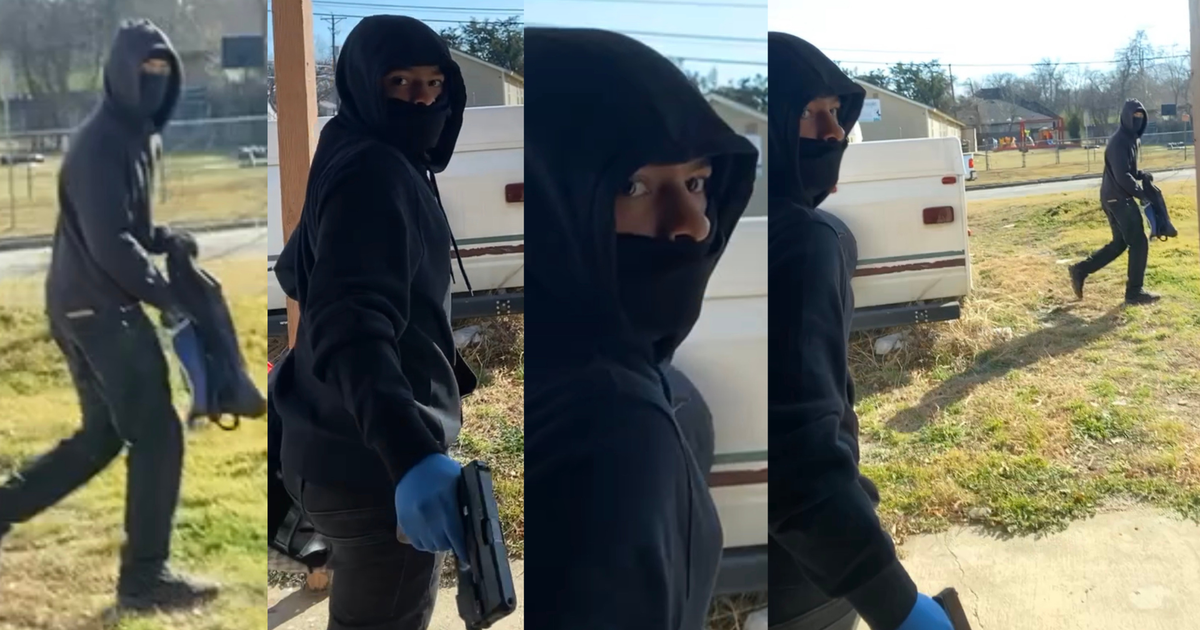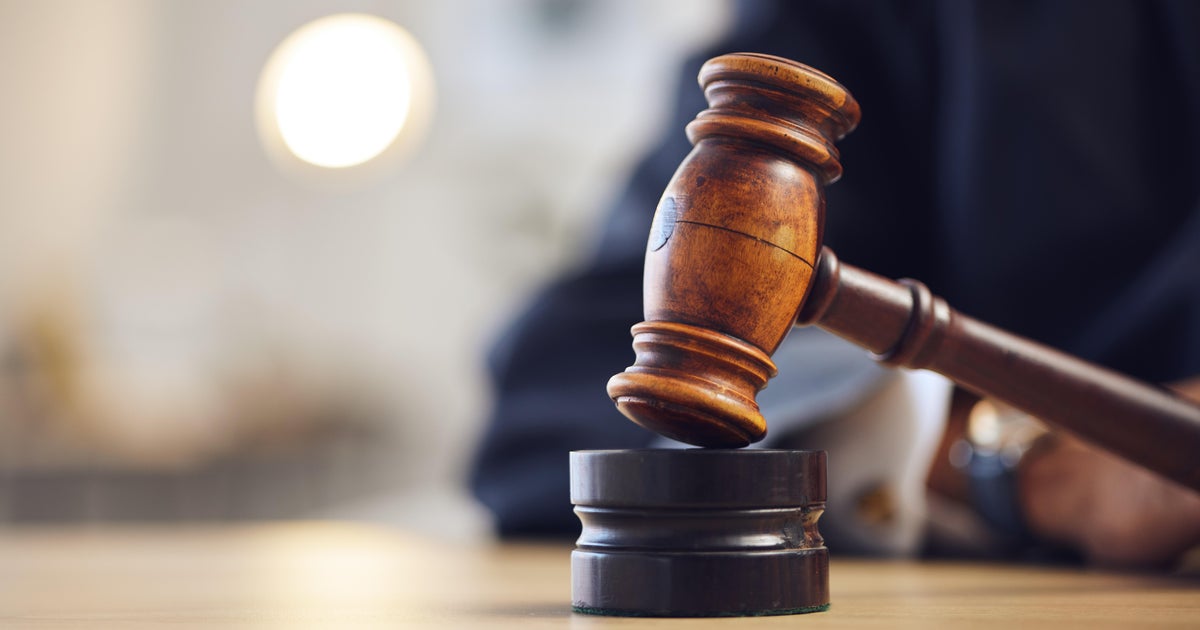First probable case of monkeypox detected in San Francisco
SAN FRANCISCO (CBS SF/AP) -- Health officials announced Friday evening that the first probable case of monkeypox has been identified in a patient in San Francisco.
San Francisco Department of Public Health officials said the unidentified individual was in isolation, in good condition and had recently traveled to a location with an outbreak in cases.
The patient reported no close contacts in San Francisco during the time period where they could have spread the infection to others.
"San Francisco is prepared for this case and others, should more occur," said Health Officer, Dr. Susan Philip in a news release. "We want to emphasize that this is not a disease that spreads easily through the air like COVID-19, however we do want people who might have been exposed to watch out for symptoms and to see a medical provider immediately if they develop symptoms for an evaluation."
Health officials said it was currently understood that monkeypox can spread through activities that include intimate sexual contact, kissing, breathing at very close range, or sharing bedding and clothing.
The illness appears as a distinctive rash or sores on the skin anywhere on the body including in the genital area. It often begins as flu-like symptoms.
"While most cases resolve on their own, monkeypox can be serious in rare cases and we want to prevent further spread in the community," Dr. Philip said.
Initial testing of the San Francisco patient was completed at a state lab on Friday and SFDPH was awaiting confirmation of those test results from the U.S. Centers for Disease Control and Prevention.
San Francisco health officials said they anticipate that more cases of monkeypox could occur in the city.
Meanwhile, federal health officials revealed on Friday that genetic analysis of recent monkeypox cases suggested there were two distinct strains in the U.S., raising the possibility that the virus has been circulating undetected for some time.
Many of the U.S. cases were caused by the same strain as recent cases in Europe, but a few samples now show a different strain. Each strain had been seen in U.S. cases last year, before the recent international outbreak was identified.
Analysis from many more patients will be needed to determine how long monkeypox has been circulating in the U.S. and elsewhere, said Jennifer McQuiston of the Centers for Disease Control and Prevention.
"I think it's certainly possible that there could have been monkeypox cases in the United States that went under the radar previously, but not to any great degree," she told reporters Friday. However, she added, "there could be community level transmission that is happening" in parts of U.S. where the virus has not yet been identified.
The CDC said it is trying to increase its work on finding infections, and it's likely more cases will be reported.
The findings mean the outbreak likely will be difficult to contain, said Dr. Angela Rasmussen, a virologist at the University of Saskatchewan.
It's not clear how long infections have been happening, and where. Some infections may have been misdiagnosed as something else.
"We don't really have a good sense of how many cases there are out there," Rasmussen said.
San Francisco health officials have released the following tips to protect yourself:
- Consider wearing a well-fitted mask and covering exposed skin in dense, indoor crowds
- Don't share bedding, clothing, and food or drink with others
- Talk to close physical contacts about their general health like recent rashes or sore
- Stay aware if traveling to countries where there are outbreaks
If you have symptoms particularly a rash consistent with monkeypox, or if you have been in contact with someone who has been diagnosed with monkeypox:
- Cover the area of the rash with clean, dry, loose-fitting clothing
- Wear a well-fitted mask
- Avoid skin-to-skin, or close contact with others, including sexual contact, until a medical evaluation has been completed
- Contact a health care provider as soon as possible for an evaluation
- Assist public health officials to track others who may have been exposed
- Inform sex partners of symptoms
How to get help if you don't have a doctor:
If you do not have a provider, or have difficulty scheduling an appointment, you can be seen at SF City Clinic at 7th Street San Francisco (628-217-6600) or at Strut located 470 Castro Street (415-581-1600).
